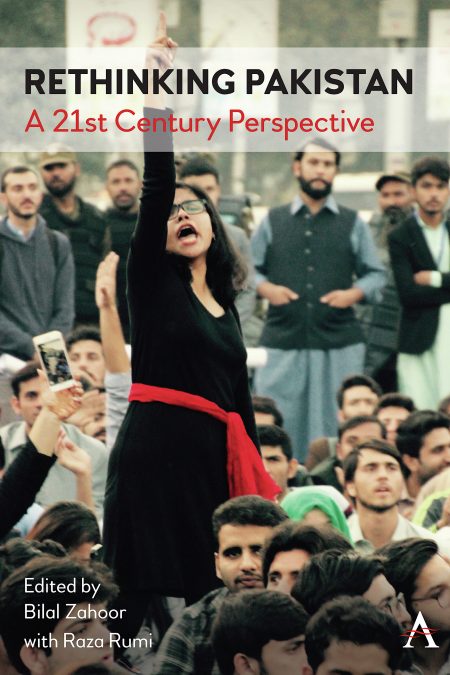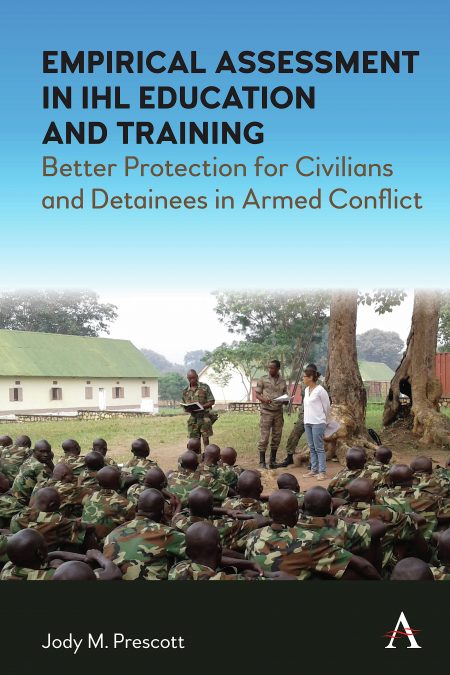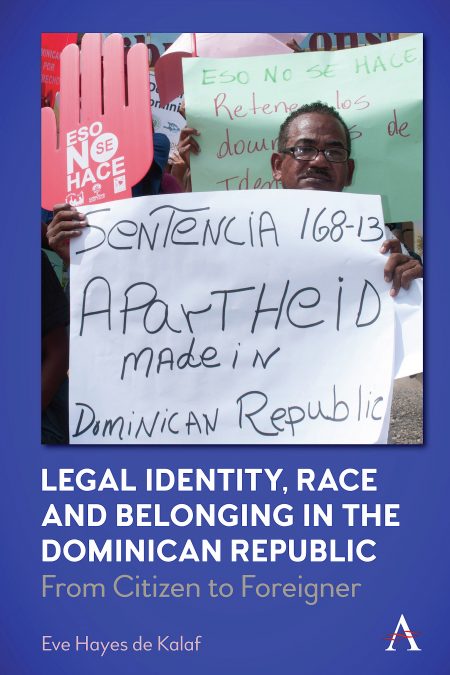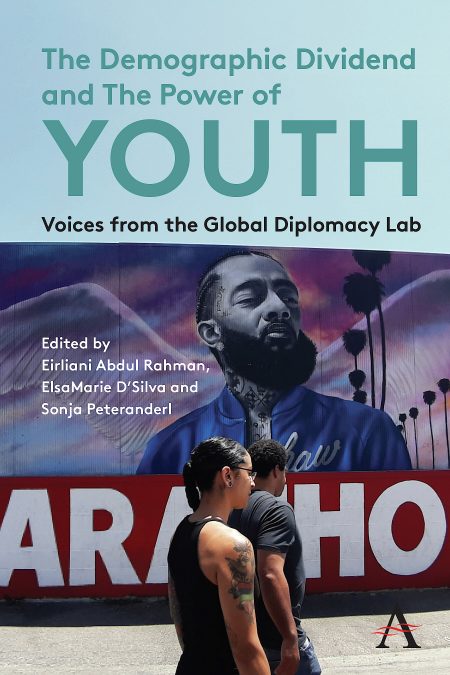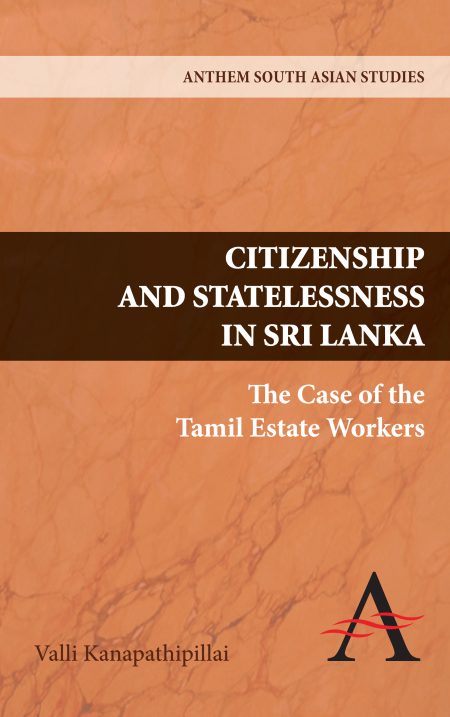Citizenship and Statelessness in Sri Lanka
The Case of the Tamil Estate Workers
Title Details
- ISBN: 9781843318071
- August 2009
- Pages: 244
- Imprint: Anthem Press
‘Citizenship and Statelessness in Sri Lanka’ examines the loss of citizenship and statelessness of Indian Tamil estate workers in Sri Lanka. The loss of citizenship this community suffered over 60 years ago continues to dominate and disrupt their lives, contributing to poor working conditions, impoverishment and general marginalisation. By analysing the context of the formal agreement between the Indian and Sri Lankan government that led to the loss of citizenship Kanapathipillai reveals the economic, electoral and ideological issues that influenced the decision, and introduces gendered notions of citizenship and the agency of the workers into the discussion of the phenomenon.
‘Citizenship and Statelessness in Sri Lanka’ approaches the issue from a Sri Lankan perspective, thereby bringing a distinct new voice to scholarship on this subject, which has previously focussed on the inter-governmental and foreign policy implications of the agreement. By breaking the ‘view from above’ approach, and listening to the ‘voices from below’ of the Indian Tamil workers who have suffered as a result of the agreement, Kanapathipillai successfully reframes the parameters of scholarship on this subject.
Valli Kanapathipillai completed her doctorate from the Vrije Universiteit, Amsterdam in 2005. Previously she worked as consultant and researcher at the International Centre for Ethnic Studies, Colombo. She has also worked as a consultant for several NGOs on projects connected to the Tamil estate workers in Sri Lanka. Her publications include ‘Victims of July ‘83’ in ‘Mirrors of Violence’, edited by Professor Veena Das (Delhi, 1990).
Map of Sri Lanka; Acknowledgements; Abbreviations; Currency equivalents; Preface; Chapter 1: Raising Questions; Chapter 2: Colonialism: The Burden of History; Chapter 3: 1948: Disenfranchisement; Chapter 4: 1954: The Agreement that Failed; Chapter 5: 1964: The Agreement that “Succeeded”; Chapter 6: 1967: The Start of the Implementation; Chapter 7: 1970-1977: “Sirima Times” – Pressure to Leave; Chapter 8: 1988: The End of a Saga; Chapter 9: Retrospection; Bibliography; Appendix; Glossary; Index
Related products
-
Rethinking Pakistan
A 21st Century Perspective
Edited by Bilal Zahoor, Raza Rumi
September, 2020
£125.00 / $125.00 -
Classroom 15
How the Hoover FBI Censored the Dreams of Innocent Oregon Fourth Graders
Edited by Peter Laufer
foreword by Ann CurryDecember, 2020
£38.00 / $38.00 -
Empirical Assessment in IHL Education and Training
Better Protection for Civilians and Detainees in Armed Conflict
Jody M. Prescott
August, 2021
£125.00 / $125.00 -
Nuclear Power Policies in Britain
The Quandaries of Neoliberalism
Lucie de Carvalho
October, 2022
£125.00 / $125.00 -
Legal Identity, Race and Belonging in the Dominican Republic
From Citizen to Foreigner
Eve Hayes de Kalaf
foreword by Junot DíazNovember, 2021
£125.00 / $125.00 -
The Demographic Dividend and the Power of Youth
Voices from the Global Diplomacy Lab
Edited by Eirliani Abdul Rahman, ElsaMarie D'Silva, Sonja Peteranderl
February, 2021
£125.00 / $125.00


